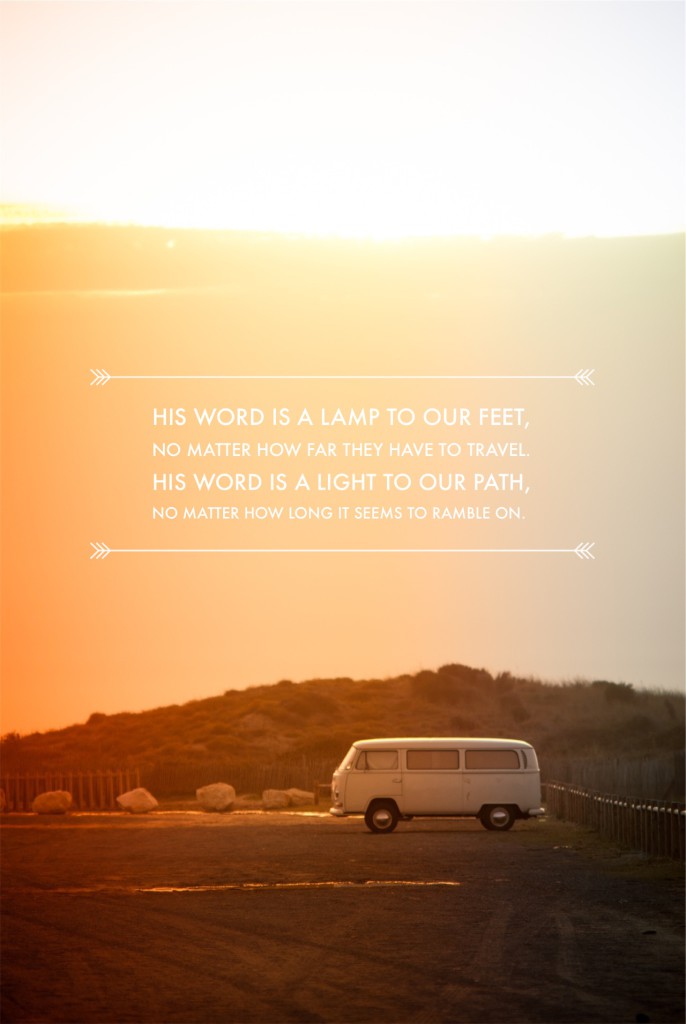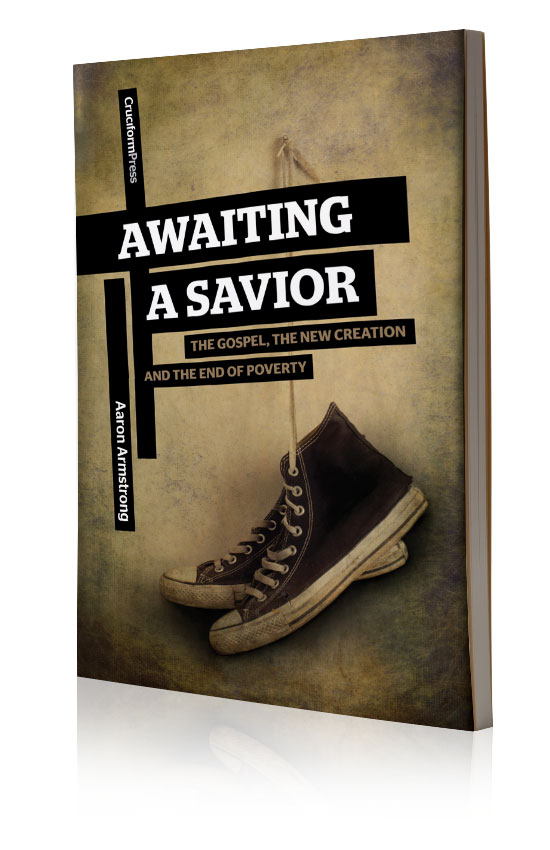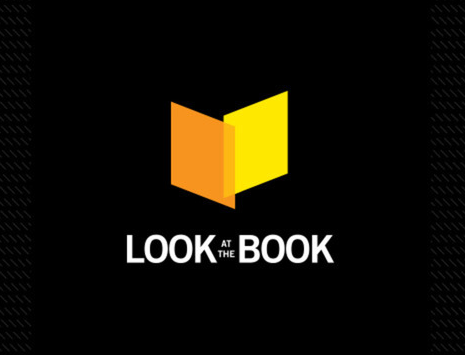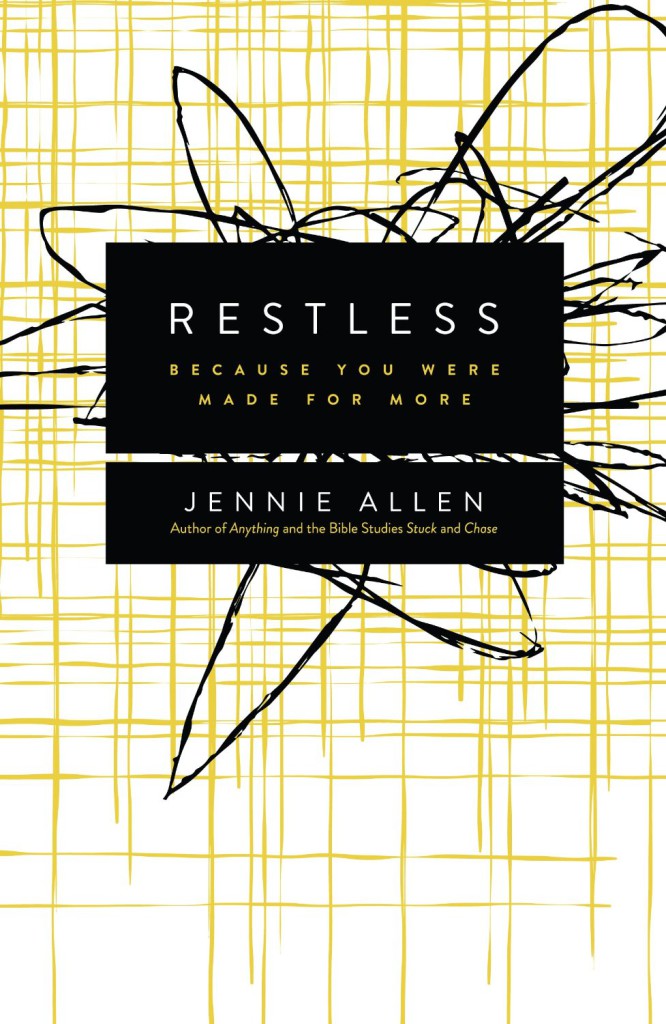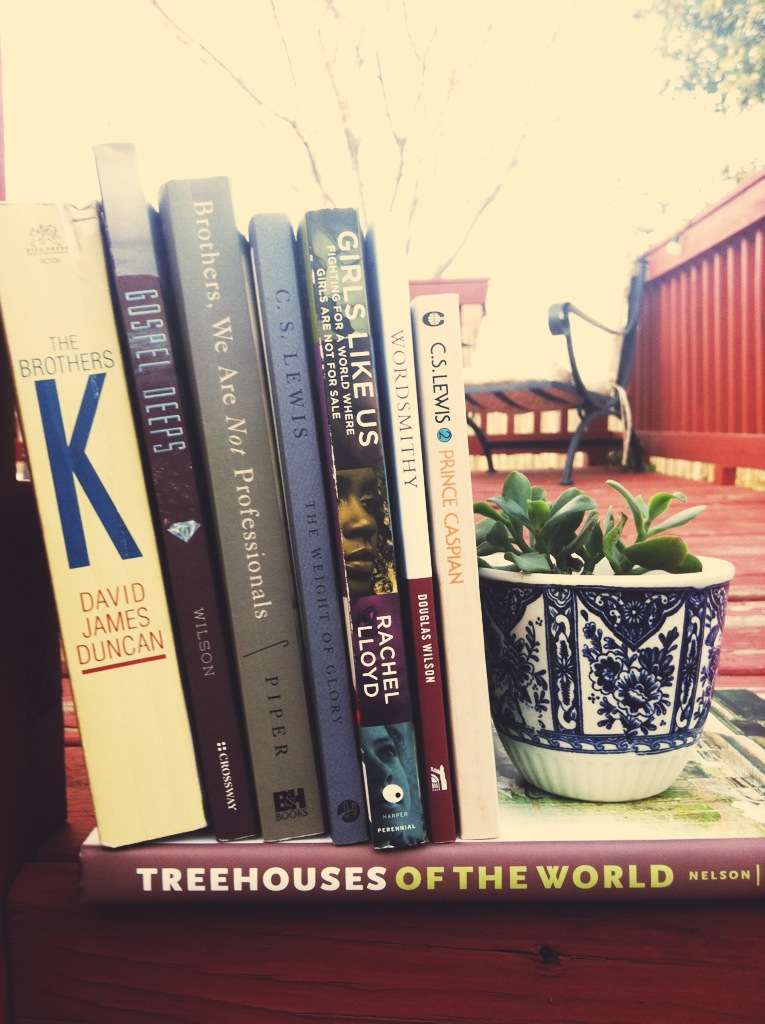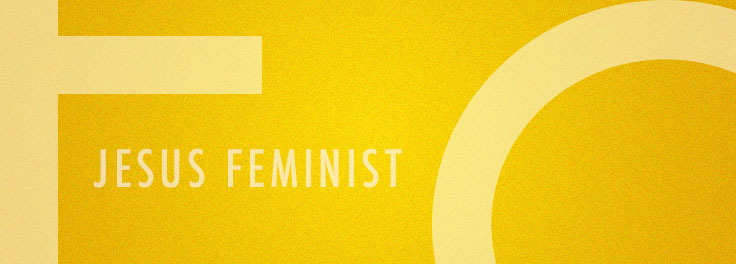 Sarah Bessey has done a unique thing in her book and it's something the whole Church should try a bit more. Interwoven with thoughts on theology, history, and her vision for the future of the Church, Sarah told her story.
Sarah Bessey has done a unique thing in her book and it's something the whole Church should try a bit more. Interwoven with thoughts on theology, history, and her vision for the future of the Church, Sarah told her story.
Raised in Canada, educated in the Bible Belt, on staff at a church in Texas, and then relocating back to Canada gave Sarah a bit of a unique story. Though she grew up in the Church, she did not grow up in the kitschy church-culture so many of our contemporary couch theologians did. Her experience is not one of "I was this but now I'm enlightened, so now I'm this," but instead it is a story of roots and wings in healthy ways.
Jesus Feminist is not the tired story of a woman raised in patriarchy and conservative theology who threw off her shackles after a theological awakening. That story is all too familiar and, unfortunately, so often riddled with grinding axes that it is difficult to see the trees for the forest. Sarah grinds no axes, points no fingers, and brings every point of her story to the beautiful complexity that is faith in Christ Jesus.
She has woven the gospel through her story and her theology, and this is why I do recommend Jesus Feminist.
Primarily I recommend Jesus Feminist to pastors and teachers, men and women who are in positions of influence and whose duties including shepherding people. I recommend it for the sole reason that Sarah's story is the story of every-woman in some way. Perhaps not the same path or set of experiences, but it tells the journey of a woman who lands on her theology through the lens of both experience and the word of God.
These days many words are spoken, preached, or written in pragmatic ways—I often wonder if some of our modern theologians have walked through difficult things because it doesn't seem to come through in their message. Sermons neatly packaged with four points and a promise—even in the gospel-centered crowd. I do not doubt they have experienced difficulties, but we need to hear it said explicitly. If true shepherding is to be done, we need to sit at the table with the people and their stories.
I recommend Jesus Feminist next to women in the Church who come from a more conservative position on gender roles, but who have wrestled with their current roles as women.
Serving in ministry, I see two main types of women in the Church. The first is a woman who has no construct for theology or Church history but feels the constraints of both. Without having a robust theology or prescriptive design for their role, those constructs can feel suffocating and I see women leaving good, healthy churches in search of churches more accommodating to their personal story. The second is a woman who has a deep theological grasp on complementary gender roles, but who may struggle to feel her ministry as a woman is valid. Jesus Feminist spends copious amounts of time on the descriptive role of women in the Bible and the roles of women in our present lives. I was personally encouraged to engage more fully as a woman, to bring my femininity to the table along with my theology.
Jesus Feminist, contrary to its provocative title and subtitle, does not seem to be a book meant to convince the reader of a radical position on gender roles. Instead it seems to be a book intended to point to the character of God, the purpose of His creation, and the journey He takes His children on toward the fullness of His kingdom. Is there a theological bias in the book? Yes, absolutely. Sarah is an egalitarian and believes in roles for men and women without distinction in the Church. But the book does not terminate on her bias, because her true bias is the name and renown of Christ, and a robust Church filled with all kinds of people fully used by Christ.
If there is a caution to potential readers, particularly ones from a more conservative perspective, it is this: let us not be so quick to ascribe definitions to words and catch phrases that we miss the deep complexity behind them. Feminism has brought with her many good and right things; she may have left the back door open too long, letting in the draft of culture's sway, but I think we can agree we are grateful for the breeze of freedom, equality, and voice.
What Jesus Feminist does not do is explore the ways in which modern feminism has taken its toll on the people of Jesus. This could be because Sarah doesn't believe it has, or it could be because Sarah believes to do much good there has to be an uncomfortable itch under the hem of the Church's robes. I think Jesus Feminist is a fair handling of feminism in the Church, but I think to properly discuss what a Jesus Feminist is, we have to wrestle with feminism's origins. This is my only critique of the book. I think if you're going to title a book thus, the subject at hand should be handled in its own respect, historical and modern implications. Otherwise, if what Sarah espouses to be feminism is this Jesus Feminism, count me [nearly] all in. There's a lot more to it, though, but I'm grateful she set the table and invited us in for discussion.
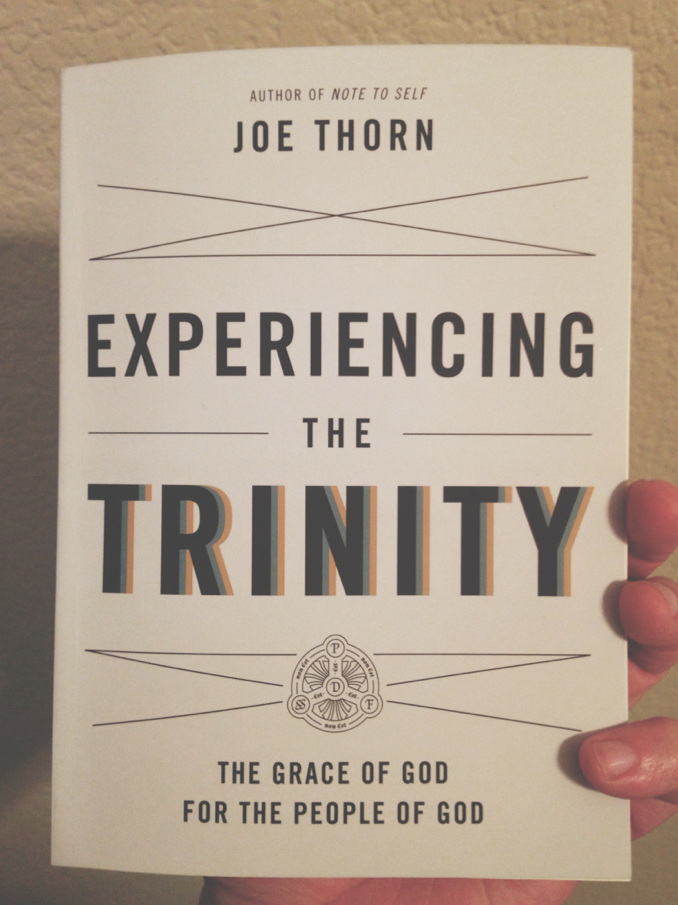 When I was in high school I read the A.W. Tozer quote, "The most important thing about a man is what he thinks about when he thinks about God." There's no way I could have known that what I thought about God then, and would think about him for the next decade, would run my shred of faith straight into the ground.
When I was in high school I read the A.W. Tozer quote, "The most important thing about a man is what he thinks about when he thinks about God." There's no way I could have known that what I thought about God then, and would think about him for the next decade, would run my shred of faith straight into the ground.
